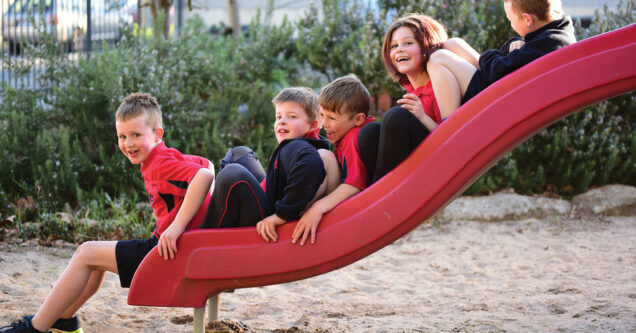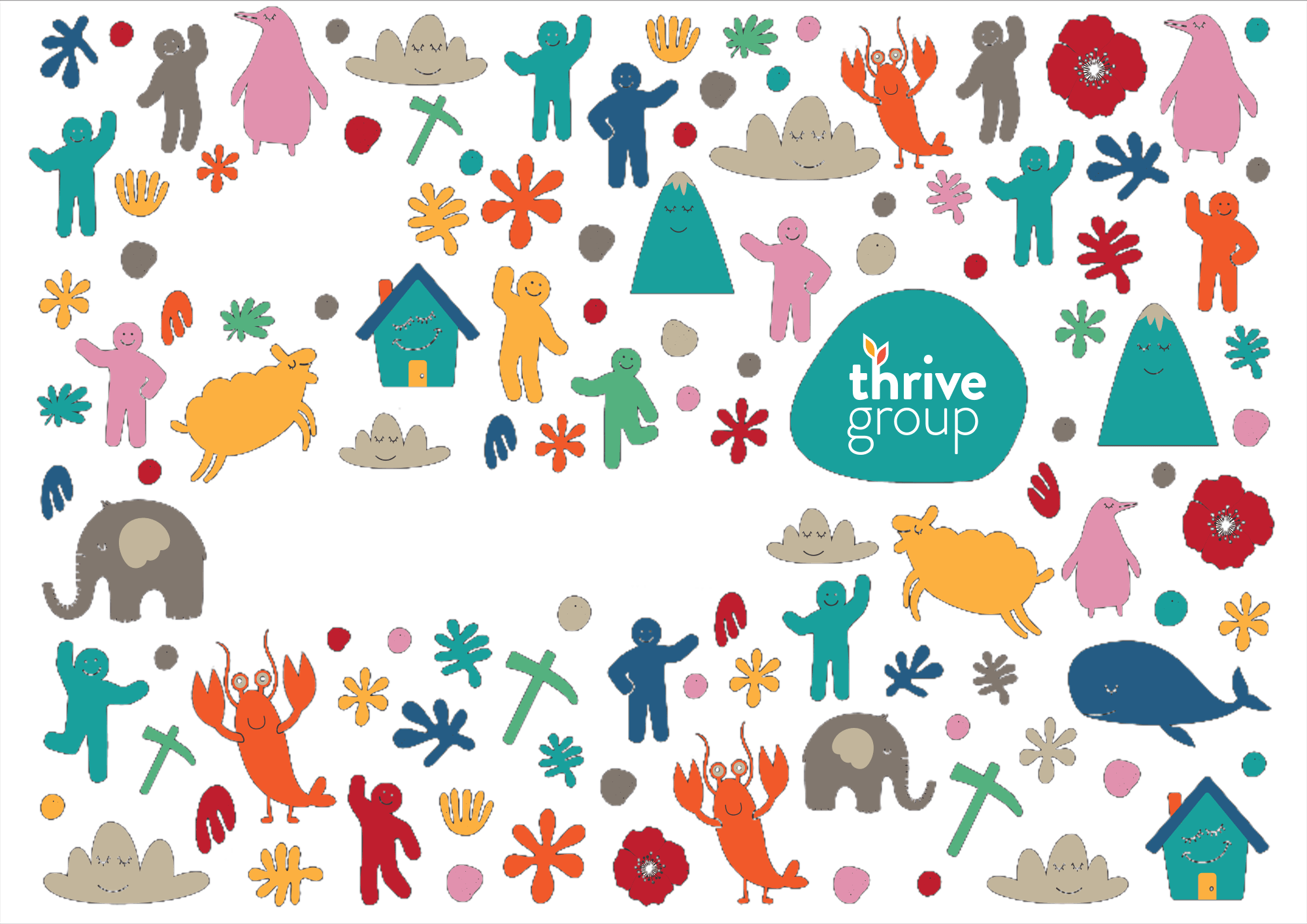
While play is often seen as something that children do to pass the time, play is an incredibly important part of a child’s healthy development. Play is a valued process for children’s learning, thinking, imagination, story making and communication. Play types include sensory, explorative, physical, creative, symbolic, projective, games with rules and role play. (EYLF Educator’s Guide, 2010 p. 30)

“Play is the highest expression of human development in childhood for it alone is the free expression of what is in a child’s soul.” Friedrich Froebel
Here at Thrive we have an obligation to promote play-based learning by designing environments that guide interactions in many different areas such as:
- Allowing children to become scientists as they discover through investigation.
- Becoming artists, architects, engineers and chemists as they explore how different materials look, feel, move, combine and transform.
- Exploring expression, imagination, building social and emotional skills, language skills and problem-solving skills through dramatic play.
- Developing children’s musical skills to make positive outcomes on a child’s rhythm, movement, and social and listening skills.
- Providing a garden to the plate project allowing children to see the entire cycle of growing food. It gives them an appreciation for sustainability and nurturing their environment.
Young children’s play allows them to explore, identify, negotiate, take risks and create meaning. The intellectual and cognitive benefits of playing have been shown through documentation. Children who engage in quality play experiences are more likely to have well-developed memory skills, language development, and are able to regulate their behaviour, leading to enhanced school adjustment and academic learning (Bodrova & Leong, 2005).

“Play gives children a chance to practice what they are learning.” Fred Rogers
“Play is the answer to how anything new comes about.” Jean Piaget



